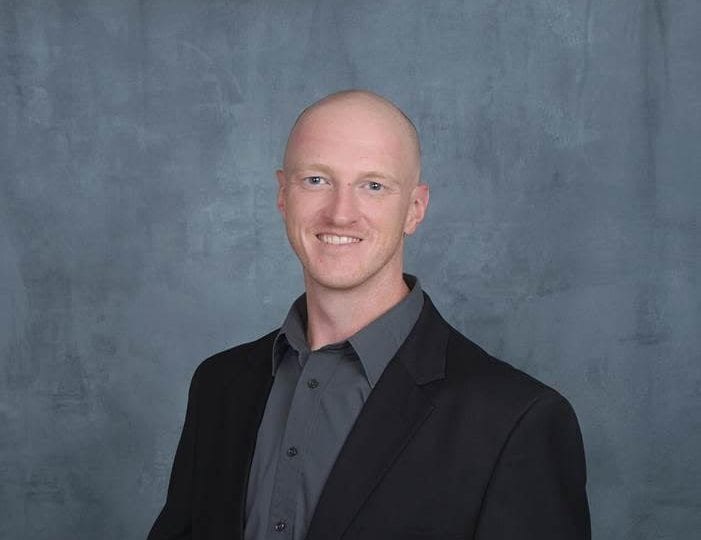Jeremy directs and oversees all aspects of his assigned projects ensuring compliance with registry standards and specifications. He ensures the goals and objectives of each project are met through oversight of his data abstraction teams.
Prior to joining Registry Partners, Jeremy served as Cancer Registry Supervisor for Centura Health, a thirteen hospital system with nine CoC accredited cancer programs. He has also served as a Certified Tumor Registrar for the WakeMed & University of North Carolina cancer registries. Prior to entering into the cancer registry profession, he worked in a pathology lab performing histologic gross exams, autopsies and data analysis.
Jeremy earned his Associate degree in General Sciences and Sociology and is pursuing his Bachelor of Science degree in Biostatistics. He is a Certified Tumor Registrar (CTR) and is also considering a graduate degree in Oncology Data Analytics.
Jeremy resides in Colorado and enjoys competition country dancing, rodeo rough stock competitions, horses, trail-riding and hiking.
Q & A with Jeremy:
Q: What advice can you share on how best to deal with change when it occurs in the registry profession?
A: Every system no matter how complex, has component pieces and logic building upon one another. Take any major change and break it down into its component parts related to a specific piece of something you recognize. Once you understand the small details then the larger picture comes into place, much like constructing a jigsaw puzzle by laying out the edge pieces first.
Q: When you entered into the cancer registry profession and became a CTR, did you learn on your own or did you have a mentor? What benefits do you believe a mentor can provide?
A: I had a mentor that believed we should memorize all details and rely very little on the manuals. This was not a pleasant experience but it was beneficial because it taught me the which/where/how of our manuals since I had to defend my abstracts often against, “Well that’s not how I do it.” I believe a mentor can offer the benefit of saying, “I don’t know, but a manual does, so let’s find the answer together.”
Q: How did you become aware of the cancer registry profession and what did you do to prepare for the CTR certification?
A: I was recruited from pathology into the cancer registry field. The cancer registry of that hospital worked with me frequently while I was in pathology and noticed my skill sets with biology, mathematics, memory and computers. It seemed interesting so I made the jump from histology slides and autopsies to databases. I prepared for the CTR exam by studying of course, but also by walking away from the manuals at times until I could see the gears behind the overall system. Once I understood the clockwork mechanics the larger elements started to fall into place.





